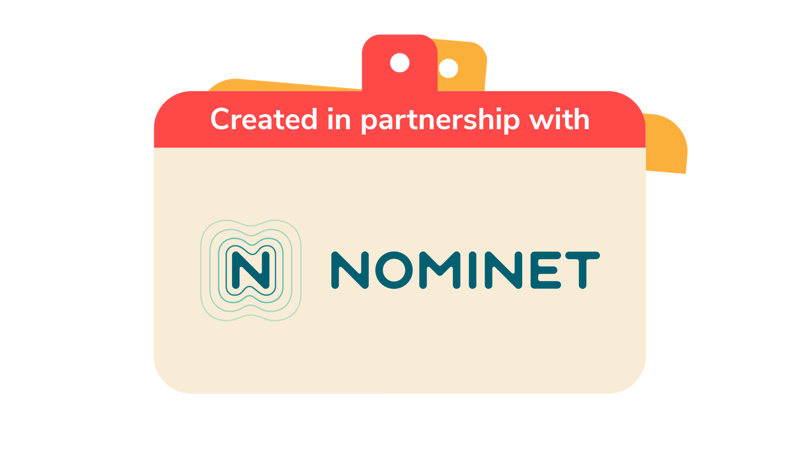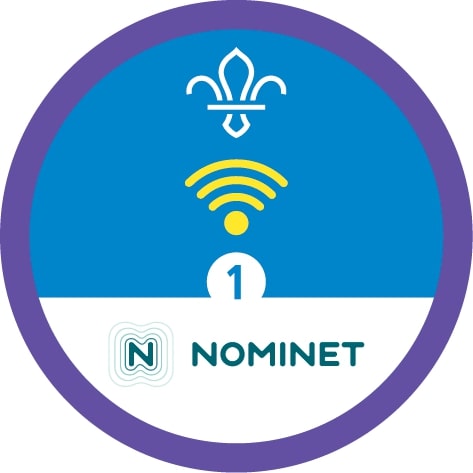
One-minute professor
You’ll need
- Chairs
- Tables
- Stopwatch or phone
- Props like notebooks, pens or empty cups (optional)
Before you begin
- This improvisation game puts people on the spot so they have to think quickly. The person leading the activity should make sure that everyone is comfortable playing the game and understands that there’s no pressure to get anything ‘right’. The aim is to see how much people already know about a topic and what they need to find out.
- Most of the group will play university students and one volunteer at a time will play the visiting professor who’ll give a one-minute guest lecture. The person leading the activity should introduce them.
Welcome, professor
- The person leading the activity should welcome everyone to the meeting and ask for a volunteer to play the professor.
- The rest of the group will play the students and sit ready for their lecture.
- When everyone’s ready, introduce the visiting professor and read one of the introductions on the Professor statements sheet. The students should applaud and welcome them to the online lecture.
The catch is that the professor doesn’t know what field they’re an expert in until they hear the introduction read out loud, so they’ll have to think on their feet and improvise.
- The professor should start giving a one-minute ‘lecture’ to the students on the topic they’ve been given while the students listen and take notes.
Use the stopwatch or timer to make sure they stick to one minute. One minute is surprisingly long when you’re put on the spot! If the professor runs out of things to say the person leading the activity can offer a prompt question such as, ‘tell us what you think about using fossil fuels’ or ‘can you say more about moon landings?’
- At the end of the presentation, everyone should applaud the visiting professor. Introduce a different professor and a different topic and play again.
- Keep going until you run out of volunteers or topics.
Become a real expert
- After the game, everyone should get into small groups and talk together about the information they gave as professors and heard as students.
Were they surprised at how much they knew? Do they remember where they got the information from? Did they have to make anything up?
- Everyone should agree a topic that they’d like to find out more about, it could be one of the things you’ve already discussed, or something new. Explain that they’ll be taking part in a debate on the topic they’ve chosen.
- Assign each group a side of the debate and ask them to come up with a set of five questions to research online.
- Groups should plan to find the answers to these questions from reliable websites such as websites ending in gov.uk or ac.uk
Groups should also think about whether news sites, Wikipedia and social media posts are the most accurate sources of information. They should use primary sources if possible, for example, the source of the research or an interview with the researcher or expert. This part of the activity can be done between meetings or at home.
- Using the evidence they’ve found online, groups should prepare some notes and take part in the debate.
- After the debate, discuss how easy it was to know if the evidence you found online was reliable or not.
Reflection
This activity put some people on the spot as they tried to become instant experts. The person leading the activity should ask the professors if they were surprised by how much or how little they knew. Ask if anyone had to make something up because they weren’t sure. That’s fine in a fun game with friends like this but it’s always best to check your sources and make sure your information is accurate. Ask the group what happens when people share inaccurate information online. This can be worrying or may upset or anger people. Remember that people often have different opinions and ideas and there’s not always a clear-cut answer. Remind everyone to be respectful to those who have different ideas.
Safety
All activities must be safely managed. You must complete a thorough risk assessment and take appropriate steps to reduce risk. Use the safety checklist to help you plan and risk assess your activity. Always get approval for the activity, and have suitable supervision and an InTouch process.
- Online safety
Supervise young people when they’re online and give them advice about staying safe. Take a look at our online safety or bullying guidance. The NSPCC offers more advice and guidance, too. If you want to know more about specific social networks and games, Childnet has information and safety tips for apps. You can also report anything that’s worried you online to the Child Exploitation and Online Protection Command. As always, if you’ve got concerns about a young person’s welfare, including their online experiences, follow the Yellow Card to make a report.
For another layer of difficulty, after each one-minute lecture the students can ask questions and the professor should try and answer them.
Anyone who’s anxious about improvising can observe and take notes to use in the second half of the activity. No one should be forced to play the professor.
All Scout activities should be inclusive and accessible.
Try different formats for presenting both sides of an argument like a mock parliament, debate, or interview.
People will have to rely on their own improvisation skills while being the professor.
